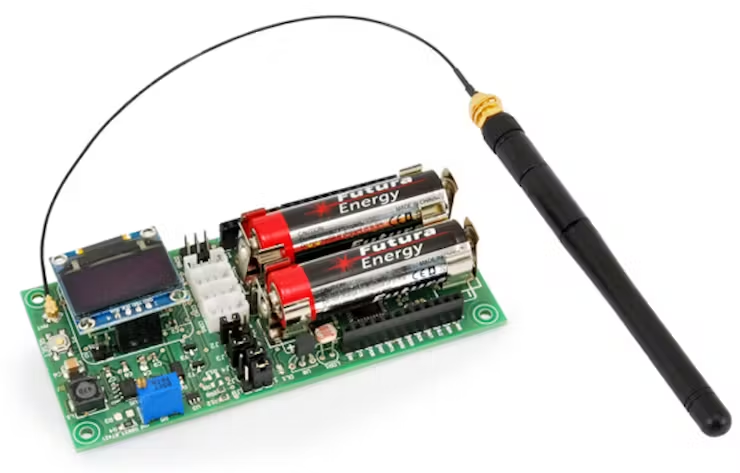Auto Electricians: The Unsung Heroes of Modern Automotive Technology
Introduction
In today’s rapidly evolving automotive industry, Auto Electricians vehicles are no longer just mechanical machines—they are sophisticated, computer-controlled systems on wheels. From advanced driver-assistance systems (ADAS) to electric vehicle (EV) powertrains, modern cars rely heavily on complex electrical and electronic components. At the heart of keeping these systems running smoothly are auto electricians, the unsung heroes who diagnose, repair, and maintain the intricate electrical networks that power our vehicles.
Despite their critical role, auto-electricians often go unnoticed compared to traditional mechanics. This article explores the importance of auto-electricians, the skills they require, the challenges they face, and why they are indispensable in the era of smart and electric vehicles.
The Role of an Auto Electrician
Auto electricians specialize in the electrical systems of vehicles, including:
- Starting and Charging Systems – Diagnosing alternators, starters, and batteries.
- Lighting and Wiring – Repairing headlights, taillights, and electrical shorts.
- Engine Control Units (ECUs) and Sensors – Troubleshooting fault codes and sensor malfunctions.
- Infotainment and Navigation Systems – Fixing touchscreens, GPS, and audio systems.
- Hybrid and Electric Vehicle Systems – Handling high-voltage batteries, inverters, and charging systems.
- Advanced Safety Systems – Repairing ABS, airbags, lane-keeping assist, and adaptive cruise control.
Unlike traditional mechanics who focus on engines and transmissions, auto electricians must understand both electrical circuits and computer diagnostics, making their expertise crucial in modern automotive repair.
The Skills Required to Be an Auto Electrician
Becoming a proficient auto electrician demands a unique blend of technical knowledge and problem-solving skills:
1. Strong Understanding of Electrical Principles
Auto electricians must master Ohm’s Law, circuit diagrams, and multimeter usage to trace faults in wiring harnesses and components.
2. Proficiency in Diagnostic Tools
Modern vehicles generate hundreds of error codes. Auto-electricians use OBD-II scanners, oscilloscopes, and manufacturer-specific software to interpret these codes accurately.
3. Knowledge of Computer Systems and Networking
With vehicles now featuring CAN bus (Controller Area Network) systems, auto electricians must understand how different modules communicate, ensuring seamless integration between systems.
4. Adaptability to New Technologies
The shift toward electric and autonomous vehicles means auto-electricians must continuously update their skills, learning about high-voltage systems and AI-driven diagnostics.
5. Problem-Solving and Attention to Detail
Electrical faults can be elusive—corroded connectors, intermittent shorts, or software glitches require patience and methodical troubleshooting.
Why Auto Electricians Are More Important Than Ever
1. The Rise of Electric Vehicles (EVs)
EVs rely entirely on electrical systems, from battery management to regenerative braking. Auto electricians are essential in maintaining these high-voltage systems, ensuring safety and efficiency.
2. Increasing Complexity of Modern Cars
Even conventional vehicles now feature dozens of electronic control units (ECUs). A single fault in a sensor or wiring loom can disable critical functions, requiring expert diagnosis.
3. Growing Demand for Advanced Safety Features
With ADAS (Advanced Driver Assistance Systems) becoming standard, auto-electricians must calibrate cameras, radars, and LiDAR systems—tasks beyond traditional mechanical repair.
4. Shortage of Skilled Technicians
As cars become more computerized, there’s a shortage of qualified auto-electricians. Those with the right skills are in high demand, commanding premium salaries.
Challenges Faced by Auto Electricians
Despite their importance, auto electricians encounter several challenges:
1. Rapid Technological Changes
New models introduce new systems, requiring constant training. Keeping up with EV technology, over-the-air updates, and AI diagnostics is a continuous challenge.
2. High-Voltage Risks in EVs and Hybrids
Working on 400V+ battery packs requires specialized training and safety protocols to prevent electrocution or fires.
3. Complex Diagnostics
Unlike mechanical issues, electrical faults can be intermittent, making them harder to trace. A single wiring fault might take hours to diagnose.
4. Right-to-Repair Issues
Some manufacturers restrict access to proprietary software and tools, making it difficult for independent auto electricians to service newer vehicles.
The Future of Auto Electricians
As the automotive industry shifts toward electrification, autonomy, and connectivity, the role of auto electricians will only grow. Key trends include:
1. Specialization in EV and Hybrid Systems
With governments pushing for zero-emission vehicles, auto-electricians will need high-voltage certifications to work on EVs safely.
2. Integration with AI and Machine Learning
AI-powered diagnostic tools will assist auto electricians in predicting failures before they occur, reducing downtime.
3. Increased Focus on Cybersecurity
Connected cars are vulnerable to hacking. Future auto electricians may need cybersecurity skills to protect vehicle networks.
4. Expansion of Mobile Auto Electricians
With on-demand repair services rising, many auto electricians are offering mobile diagnostics, fixing issues at the customer’s location.
Conclusion
Auto electricians are the backbone of modern automotive technology, ensuring that the increasingly complex electrical systems in today’s vehicles function flawlessly. As cars evolve into computers on wheels, the demand for skilled auto electricians will skyrocket. Their expertise in diagnostics, high-voltage systems, and advanced electronics makes them indispensable in an era dominated by EVs and smart vehicles.
While they may not always receive the recognition they deserve, auto electricians are true unsung heroes, keeping our cars safe, efficient, and roadworthy in an electrified future.







